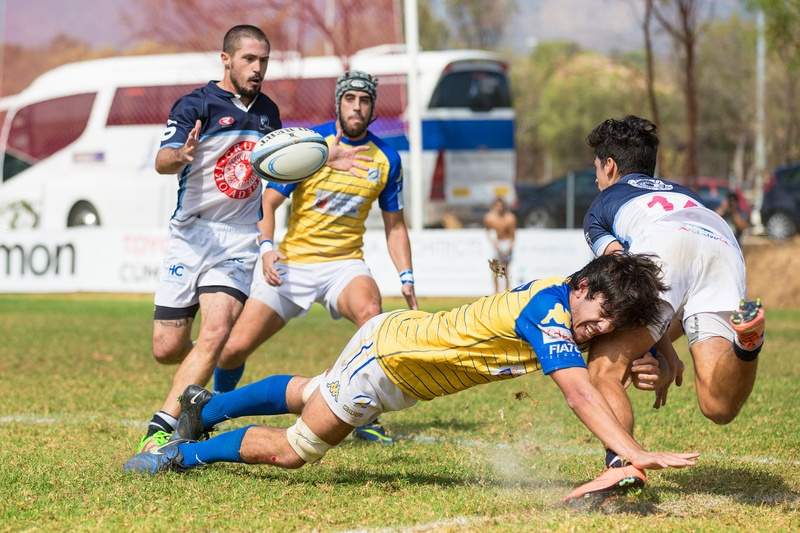Rugby whether it is union or league has 3 major roles regarding team performance, welfare and organisation, there are further important roles within a club but these 3 concentrate directly and only on the players preparation for game day. The Head Coach in professional rugby usually has his own trusted group to fulfil the coaching and staff requirements to ensure that the team is tactically, physically and mentally ready to obtain the best results possible. To create a winning mentality requires a collective decision from all club members from the bottom to the top and inspirational coaches and forward looking management. How else do you explain the rise of Japanese or Italian rugby as examples because there are the most unlikely teams emerging from European countries such as Poland, Germany, Spain & Portugal. Elsewhere we have Argentina, Samoa and Kenya obtaining surprising results from inspirational dedication from the above mentioned roles which are fundamental to form a winners mentality even if you don’t win every game.
The Head Coach - This is the person that has the overall command on decision making regarding team selection and style of play. A good coach does not have to be a high level player or international star, he must have a particular set of skills that are used to help develop players techniques, an in-depth understanding of rugby and the ability to gel the group in a positive fashion. Head coaches will also be assisted with a forwards coach and a backs coach, and some coaches often employ a skills coach for individual player development. On the training ground the head coach will set out his tactical plan for the upcoming match and run through some co-ordinated set moves with both the forwards and backs in offence and defence modes. The head coach will also be the main source of team moral and communicate the importance of discipline and passion for the game. Head coaches are also required to go to 2nd team games and other junior team matches or training sessions to maintain and show club interest from top to bottom and encourage tomorrow’s possible seniors. Looking for new talent and player recruitment is another important aspect.
Team Manager – Probably one of the most underrated roles and definitely the busiest one behind the scenes. While the head coach is more visible and has the final decision on team selection and match substitutions the TM is the man that prepares the administration for every game. All the necessary paperwork is compiled by him, team sheet and player substitutions during the match given to the referees. The TM also takes charge of training session preparations, player availability and injury list updated. Contact with possible new players and good relations with teams below the 1st XV. Also, away game travel arrangements for matches with all kit and equipment ready to transport plus accommodation bookings and type of transport service required. The TM, is an important assistant to the head coach and must relay all news and player requirements to him whether medical or unavailability for some reason. Finally, the match reports and paperwork required for the rugby governing body making sure that no technical rules or regulations were or are transgressed.
Team Captain – The captain is the leader and main motivator on field during play. Usually, one of the strongest players in the team that has everyone’s respect and leads by example. He will also take a training session to inspire more confidence in the team. He is also the person with whom the referee interacts during a game to instruct the team to settle down play rugby. The captain is always present for pre-match media interviews with the head coach or immediately after a match has finished on the field along with the MOTM (Man of the Match) winner. The captain needs to be a calming influence when there are difficult moments and rational in his communication with team members and officials. He must be able to give advice to fellow players on character and development and represent them when speaking to club management.
The common threads which connect these three roles are great communication skills, strong leadership, experience and sincerity. The core values of rugby still upheld and actively practiced and defended since the beginning of rugby union are teamwork, passion, respect, discipline and sportsmanship. These values are displayed at all levels of rugby from toddlers to veterans, the head coach, team manager and captain are the guardians in the front line of perpetuating these values on and off the field of play. A typical senior rugby union rugby team will consist of 26 to 30 players as a squad, so to keep a collective winning attitude requires complete dedication and loyalty to the club, team, coaches and the fans that come to support the team.
Last but not the least- speak to your Head Coach, Team Manager and Team Captain and join us for the Kracking Rugby Fest. in 2023 !
